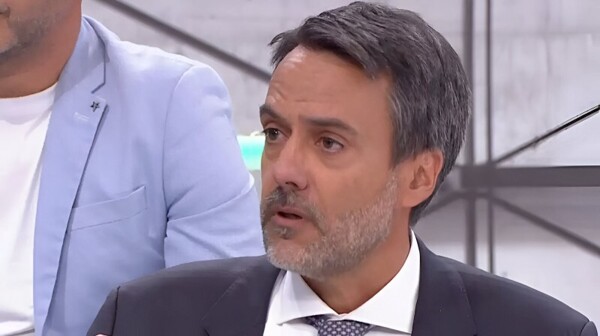
Financial minimalism advocates for eliminating distractions and focusing on what is truly important, prioritizing experiences over material possessions and promoting a deep connection with oneself and the environment. In an era marked by consumerism, this approach seeks to pull us away from the constant pursuit of products and reconsider our priorities. Adopting financial minimalism doesn't have to be extreme for everyone, but it can serve as inspiration for achieving a healthy balance.
This philosophy goes beyond spending little; it is based on the idea that "less is more," fostering simplicity and a focus on the essentials to achieve a fulfilling life. Originating in artistic disciplines such as painting, sculpture, music, and architecture, minimalism emerges as a reaction to overloaded forms of expression, highlighting structural simplicity and resource economy.
Automating essential payments and savings can prevent forgetfulness and temptations, ensuring that funds are allocated to what is truly important. Reducing expenses can allow one to decrease or even eliminate debts, creating a buffer that provides the opportunity to plan significant events, such as a job change or a move.
Financial minimalism transcends art and has influenced behaviors that seek to reduce the superfluous and focus on the essentials. From a philosophical perspective, it invites simplicity and efficiency in all aspects, including canceling unnecessary subscriptions, curbing impulsive purchases, and freeing oneself from the pressure to always be fashionable. Simplifying also involves reducing the number of accounts or financial products to transform money into a tool for a fulfilling life.
Analyzing consumption patterns and questioning whether what we acquire truly adds value to our lives is a fundamental part of financial minimalism. It is not about living with deprivation or giving up comfort but about discarding the idea that accumulating material goods is the path to happiness. Many people find that by reducing the number of objects they own, they can spend more time on meaningful experiences, such as sharing quality moments with family or investing in their personal well-being.














